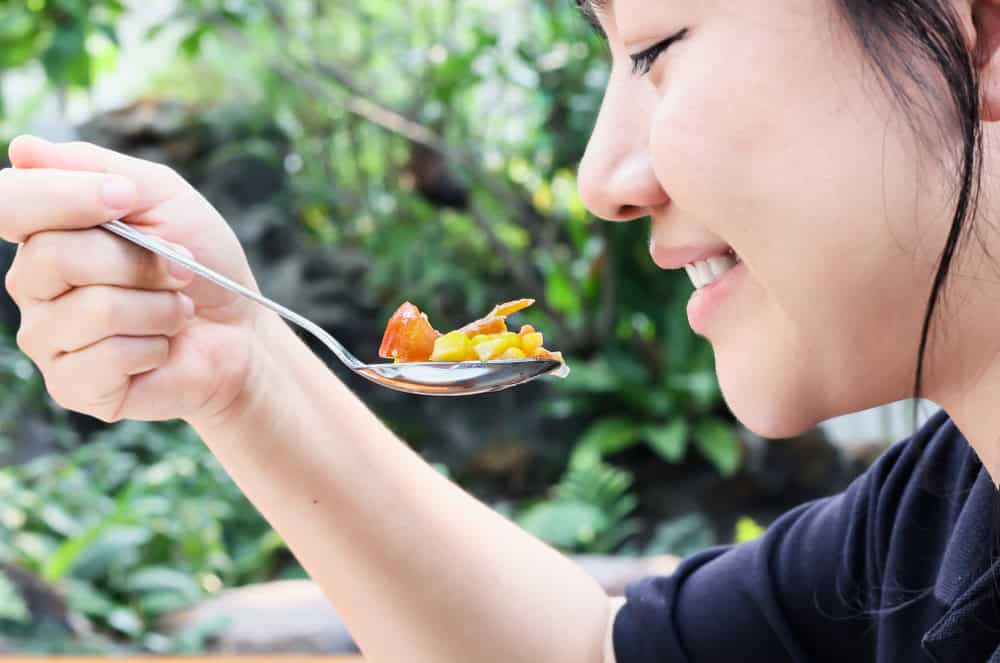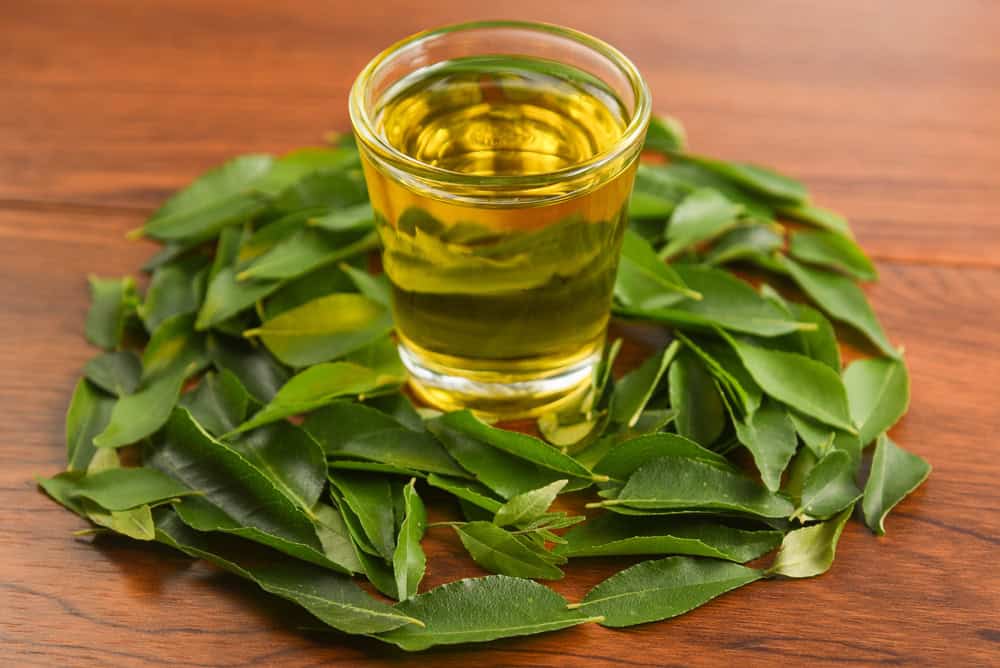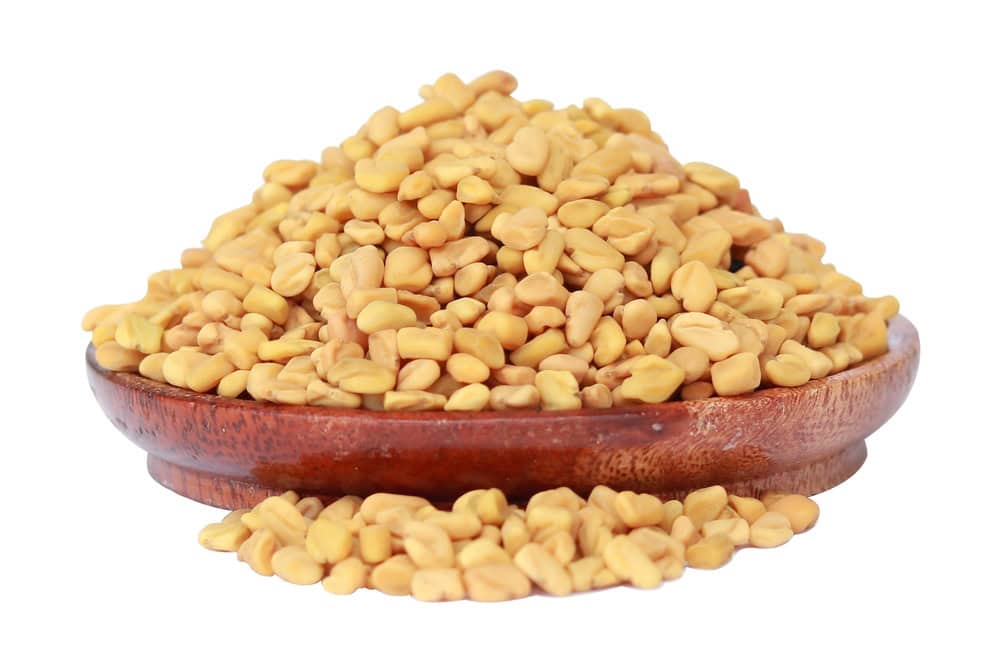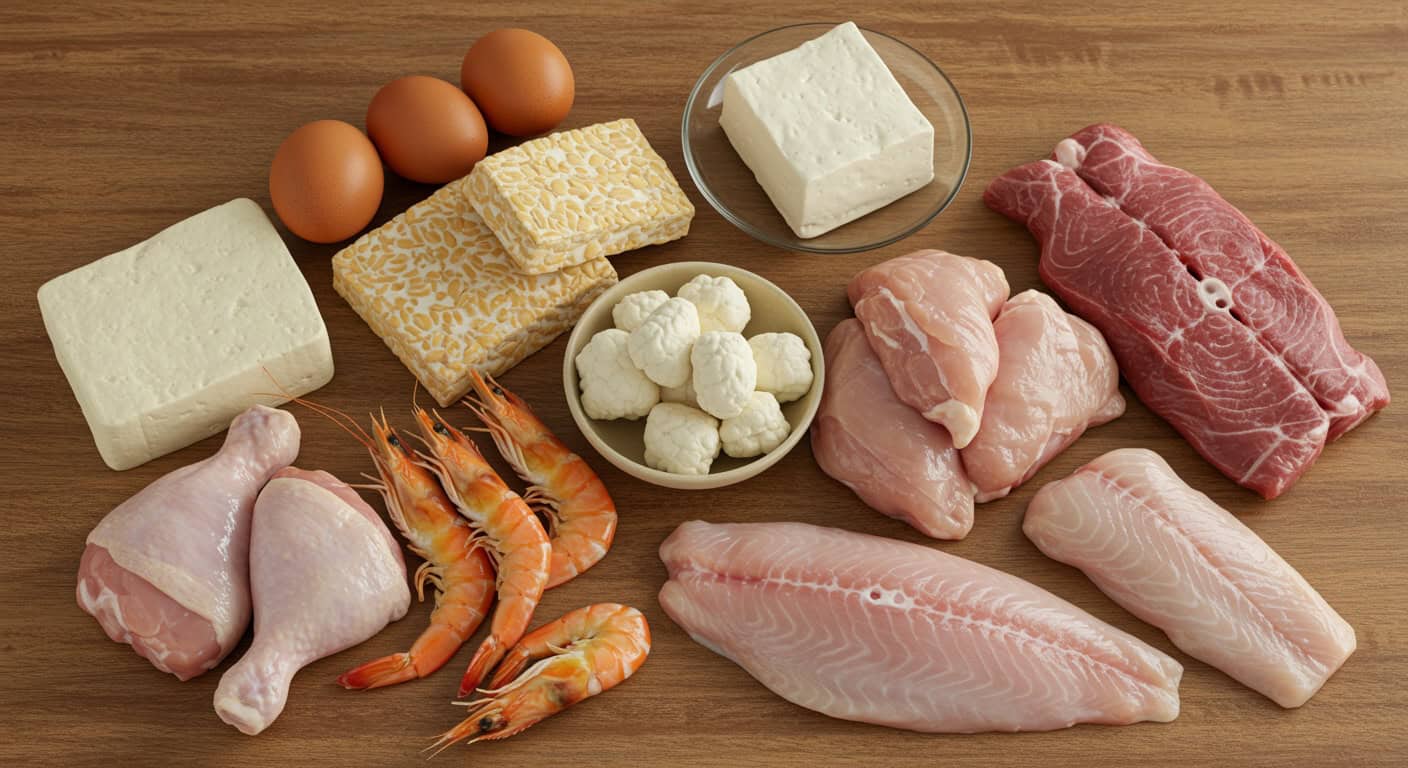
Have you ever wondered why some people have naturally thick, strong, and shiny hair while others struggle with hair thinning, breakage, and dullness? Well, the secret isn’t just in the hair products – it’s in what you eat. Our food plays a key role in how strong, thick, and shiny our hair becomes. The right food can help nourish our scalp, strengthen roots, and improve hair texture.
In this blog, let’s understand why food is important for hair health, explore the top vegetarian and non-vegetarian foods for healthy hair, and look at the foods you should avoid to prevent hair issues.
Why Diet Matters for Hair

Before we list foods, here’s the science behind the nutrition-hair link:
- Hair shafts are made of keratin, a protein. So a diet with good protein is essential.
- For strong, healthy hair, follicles need a steady supply of nutrients and energy to keep growing.
- Deficiencies in iron, zinc, biotin, vitamin D, and antioxidants can impair hair growth or trigger hair loss.
- However, more is not always better: oversupplementation (e.g. selenium, vitamin A, vitamin E) in someone without a deficiency has been linked to hair loss.
India’s diverse cuisine isn’t just delicious- it’s naturally rich in hair-nourishing nutrients like protein, iron, zinc, biotin, omega-3 fatty acids, and antioxidants.
So, eating a balanced, desi diet for hair growth is one of the best long-term solutions to keep your hair thick and shiny. [1],[2],[3]
Essential nutrients for hair growth
- Protein: Builds keratin, the main structural component of hair.
- Iron & Zinc: Improve blood flow and oxygen delivery to follicles.
- Biotin & B-Vitamins: Promote growth and prevent hair thinning.
- Omega-3 fatty acids: Keep the scalp hydrated and reduce inflammation.
- Vitamin E & C: Protect against oxidative stress and promote shine.
When your diet supplies these nutrients consistently, your scalp becomes healthier and your strands stronger, fuller, and naturally glossy. [4]
Vegetarian Foods for Hair Growth
1. Spinach (Palak): Iron for stronger roots

Spinach is a powerhouse of iron, folate, and vitamins A and C, all vital for scalp health and hair growth. Iron deficiency often leads to hair fall, and incorporating spinach in your meals can help restore hair strength and vitality. [5]
Tip: Blend it into smoothies, make palak paneer, or add to lentil soups.
Hair Benefits:
- Strengthens roots
- Reduces hair fall
- Enhances natural shine
2. Amla (Indian Gooseberry): Vitamin C and collagen booster

Amla has been a cornerstone of Ayurvedic hair care for centuries. It’s rich in vitamin C and antioxidants that enhance collagen production, strengthen hair follicles, and prevent premature greying.
Tip: Drink fresh amla juice in the morning or have one raw amla daily.
Hair Benefits:
- Stimulates hair growth
- Prevents hair breakage
- Adds natural lustre
3. Curry Leaves: Nature’s hair rejuvenator

Curry leaves are packed with beta-carotene and amino acids, both of which support new hair growth and reduce hair thinning. They’re also rich in antioxidants that help restore pigment and prevent greying.
Tip: Use curry leaves in tempering or infuse them in coconut oil for scalp massages.
Hair Benefits:
- Promotes new hair growth
- Strengthens follicles
- Prevents premature greying
4. Fenugreek (Methi Seeds): Strengthening from Within

Fenugreek seeds are loaded with iron, protein, and nicotinic acid, which help repair damaged hair follicles and promote regrowth. It also combats dandruff and dryness.
Tip: Soak overnight and drink the water, or use the paste as a hair mask.
Hair Benefits:
- Reduces dandruff
- Strengthens follicles
- Encourages thicker growth
5. Flaxseeds: Omega-3 for shine and strength

Flaxseeds are tiny nutritional powerhouses, rich in omega-3 fatty acids, vitamin E, and lignans, all essential for scalp hydration and shine. They reduce scalp inflammation and promote elasticity.
Tip: Add ground flaxseeds to your breakfast cereal, smoothies, or salads.
Hair Benefits:
- Reduces scalp dryness
- Prevents split ends
- Adds glossy texture
6. Carrots and Sweet Potatoes: Beta-Carotene Boost

Both are rich in beta-carotene, which converts into vitamin A– crucial for sebum production and scalp health. Deficiency in vitamin A can cause dull, brittle hair.
Tip: Include roasted carrots or sweet potato curry in your daily meals.
Hair Benefits:
- Keeps scalp hydrated
- Boosts cell renewal
- Prevents dullness
Non-Vegetarian Foods for Hair Growth

1. Eggs: Nature’s protein-rich hair food
Eggs contain biotin, zinc, and high-quality protein, making them one of the best foods for hair growth. They help repair damaged strands and improve hair elasticity.
Tip: Include boiled or scrambled eggs in your breakfast.
Hair Benefits:
- Strengthens hair shaft
- Reduces hair thinning
- Promotes faster growth
2. Fish (Mackerel, sardines, pomfret): Rich in omega-3
Fatty fish are loaded with omega-3 fatty acids, vitamin D, and protein, which promote scalp hydration and follicle health. Omega-3s also help reduce hair fall and improve volume.
Tip: Grill or steam your fish with turmeric and lemon for a nutritious meal.
Hair Benefits:
- Improves scalp circulation
- Enhances density
- Promotes soft, thick hair
3. Chicken: Lean protein for hair regeneration
Chicken is rich in lean protein and B-vitamins (especially B12), which help strengthen hair follicles and repair damage caused by environmental stress.
Tip: Enjoy grilled chicken or a simple chicken soup for dinner.
Hair Benefits:
- Prevents breakage
- Boosts keratin formation
- Strengthens follicles
4. Mutton: Iron and zinc source
Mutton provides heme iron (easily absorbed) and zinc, both crucial for nutrient delivery to follicles. These minerals reduce hair shedding and support regrowth.
Tip: Eat in moderation- once a week is enough for optimal benefits.
Hair Benefits:
- Improves follicle strength
- Reduces hair thinning
- Enhances overall texture
Foods to Avoid for Healthy Hair
Even if you eat well, certain foods can sabotage your hair goals. [6],[7]
Avoid:
- Refined sugar and carbs: Cause inflammation and nutrient imbalance.
- Excess dairy: May trigger a hormonal imbalance leading to hair loss.
- Fried and processed foods: Clog scalp pores and cause an oil imbalance.
- Alcohol and soda: Dehydrate hair and reduce nutrient absorption.
Expert Tip: Nourish inside, Care outside
Hair experts emphasize that external treatments only go so far. For long-lasting strength and shine, you must fuel your hair from within. Combine nutrient-dense Indian foods with good hydration, sleep, and stress management.
To further enhance your hair routine, pair a balanced diet with natural oils like coconut oil, and avoid harsh shampoos or excessive heat styling.
Give your hair the nourishment it deserves! Shop natural oils like amla, bhringraj, and coconut on Tata 1mg and boost your hair health today
Considerations & Precautions
- Always aim for balanced intake, not overconsumption. Too much of a nutrient (like vitamin A or selenium) can backfire.
- If you suspect nutritional deficiency (e.g., iron, vitamin D), try getting a blood test and consult a doctor before taking supplements.
- Hair growth is a slow process- expect 3-6 months to see noticeable changes.
- Manage stress and get 7–8 hours of sleep daily- chronic stress disrupts hair growth cycles.
- These foods support hair health when combined with good hygiene, stress management, scalp massage, and protecting hair from extreme heat, chemicals, or pollution.
Remember: Balanced nutrition + hydration + stress control = happy hair. So next time you plan your thali, think beyond taste- think ‘hair nourishment on a plate’.
Recommended Reads:
Rice, Rinse, Repeat: Does Rice Water Really Stop Hair Fall?
Boost Hair Growth & Reduce Hair Fall with Clinically-Tested Bontress Pro+
Reference
- Zhang H, DiBaise JK, Zuccolo A, et al. Human gut microbiota in obesity and after gastric bypass. Front Physiol. 2021;12:629. Available from: https://www.ncbi.nlm.nih.gov/pmc/articles/PMC8647708/
- Smith J, Brown K, Lee A, et al. Dietary interventions for hair health: A systematic review. Nutrients. 2022;14(18):3821. Available from: https://www.ncbi.nlm.nih.gov/pmc/articles/PMC9650738/
- Patel DP, Swink SM, Castelo-Soccio L. A review of the use of vitamins and supplements for hair loss. Skin Appendage Disord. 2017;3(4):166-169. Available from: https://www.ncbi.nlm.nih.gov/pmc/articles/PMC5315033/
- International Society of Hair Restoration Surgery. Treatments for hair loss. Available from: https://ishrs.org/patients/treatments-for-hair-loss
- Indian Association of Dermatologists, Venereologists and Leprologists. Diet for healthy hair. Available from: https://public.iadvl.org/diet-for-healthy-hair
- Hair Doctors. Hair loss treatments. Available from: https://www.hairdoctors.com.au
- Nguyen T, Nguyen H, Tran B, et al. Nutritional factors affecting hair growth and quality. J Clin Med. 2023;12(15):5123. Available from: https://pubmed.ncbi.nlm.nih.gov/39341354/
(The article is written by Nancy Dixit, Subject Matter Expert, and reviewed by Dr.Subita Alagh, Assistant Team Lead, Disease Content.)